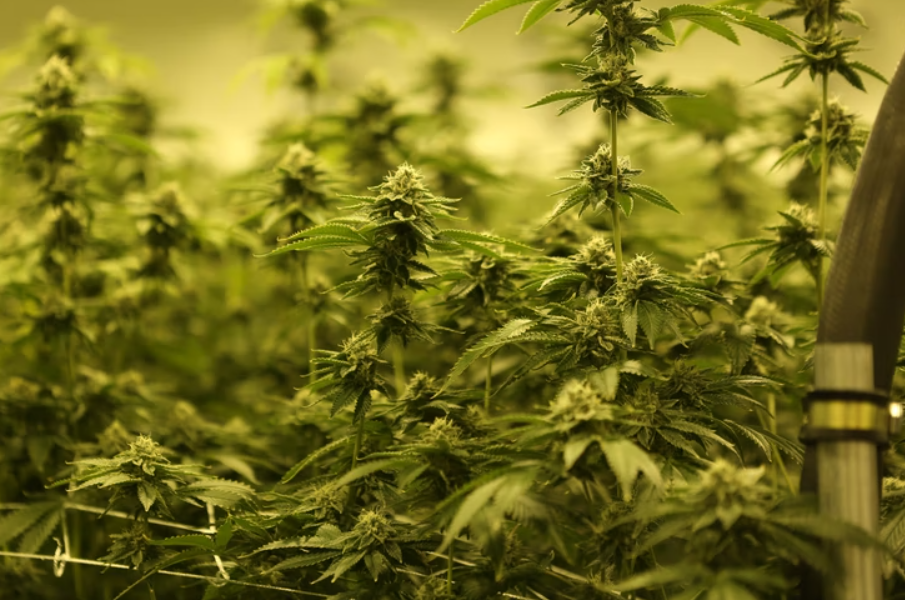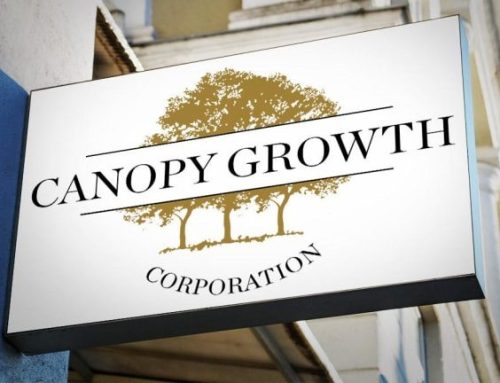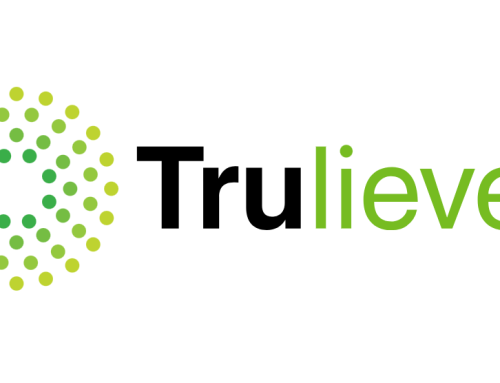Michigan’s Cannabis Industry: Balancing Growth and Regulation in a Booming Market
LOS ANGELES- Michigan’s cannabis market has witnessed a remarkable surge, with adult-use and medical cannabis sales reaching a staggering $3.6 billion in 2023. This growth represents a 30% increase from the previous year, surpassing the $2.3 billion mark set in 2022. A comparative analysis by Crain’s Detroit highlights Michigan’s per capita spending on cannabis at $305, notably higher than California’s $150 and Colorado’s $290.
The Cannabis Regulatory Agency (CRA) in Michigan has been instrumental in this growth trajectory, not only by ensuring market expansion but also by maintaining a strong regulatory presence. Brian Hanna, the current CRA Director, emphasizes the agency’s commitment to transparency and effective stakeholder communication. Under Hanna’s leadership, strict enforcement of rules has been a priority, targeting discrepancies in cannabis product handling and tracking. These efforts have significantly contributed to curbing black market activities.
However, industry experts like Harry Barash of MiCannaPros and Eric Jacovetti, a cannabis equipment rental entrepreneur, express concerns about the CRA’s ability to thoroughly uncover black market operations, citing the logistical challenges of auditing every batch and sticker in the supply chain.
Despite the impressive growth, there are signs that Michigan’s cannabis market may be nearing a saturation point. The dramatic decrease in cannabis prices — from $323 per ounce in December 2019 to around $95 in December 2023 — suggests a market adjustment. This trend has implications for future supply dynamics, as observed by Jamie Lowell, a NORML board member and operations manager at Meds Café. Lowell predicts potential inventory shortages due to market saturation deterring investors.
Addressing another critical aspect of the industry, Michigan is set to enhance product testing integrity through a state-run lab, funded by Gov. Gretchen Whitmer’s 2024 budget. This initiative aims to verify test results and perform audits on private labs, which currently depend on funding from cannabis producers. This move is expected to have a significant impact on safety compliance and market pricing.
The cannabis industry in Michigan, however, has not been without its challenges. The recent conviction of former legislator Rick Johnson for accepting bribes in cannabis-related dealings underscores the need for continued vigilance against corruption.
In a progressive move, Michigan legislators proposed a rule change in May 2023 to cease drug testing potential government employees for cannabis, a policy implemented later in October. This change reflects a growing acknowledgment of the disconnect between cannabis use and job performance, as articulated by Michigan Civil Service Commissioner Nick Ciaramitaro.
As Michigan’s cannabis market continues to evolve, balancing growth with effective regulation remains a key focus. The CRA’s efforts, coupled with legislative initiatives and market adjustments, paint a dynamic picture of an industry striving to optimize both its economic potential and its commitment to ethical practices and consumer safety.



































